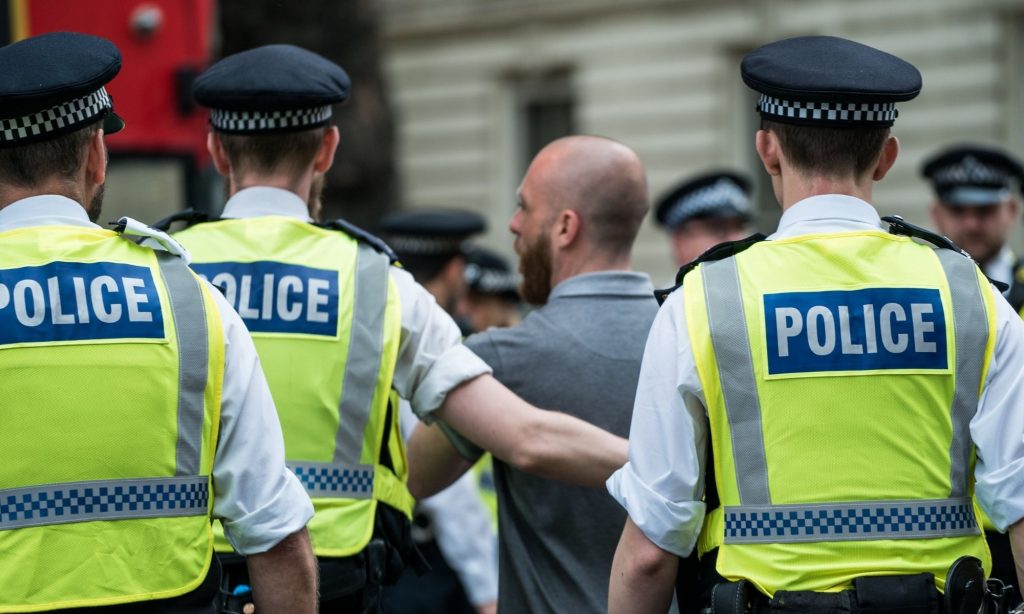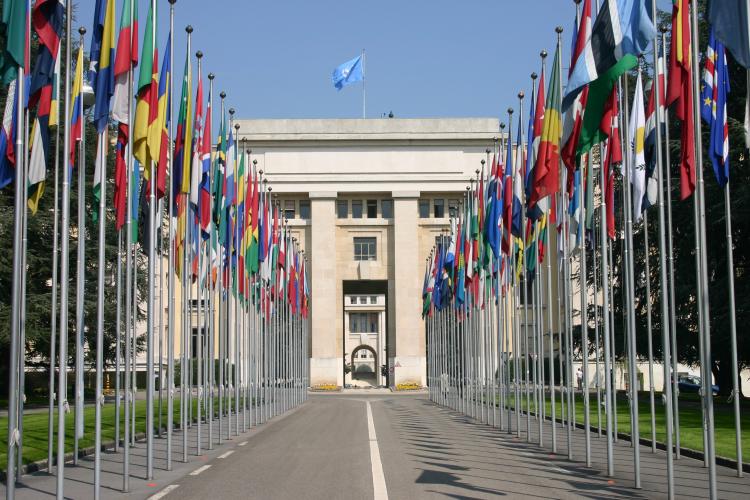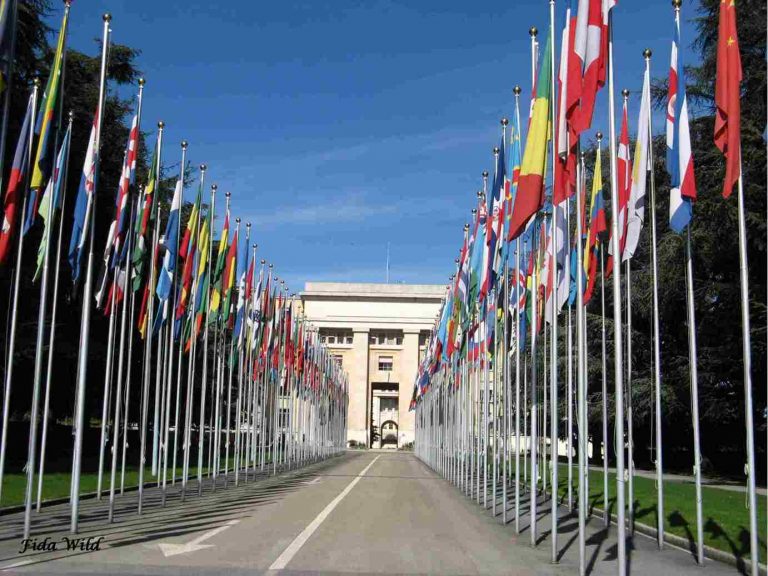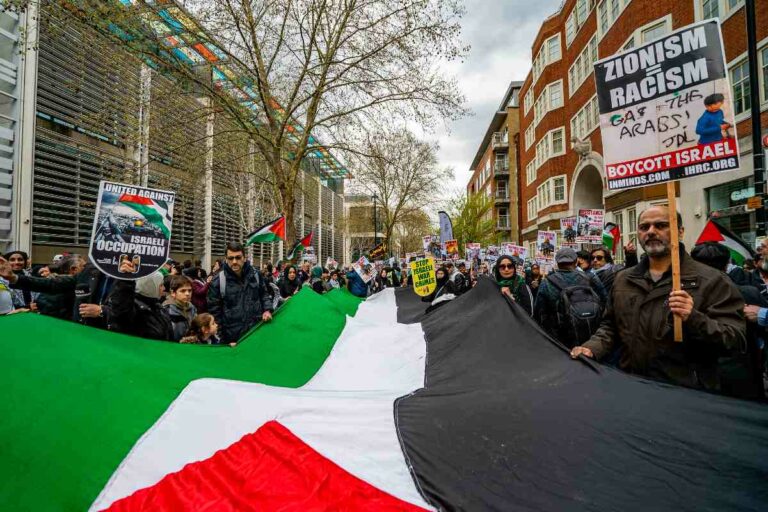Sir Mark Rowley
Metropolitan Police Commissioner
New Scotland Yard
8-10 Broadway
London
SW1H 0AZ
8 May 2025
Dear Commissioner Sir Mark Rowley,
We are writing about the shocking arrest and detention on 21 April 2025 of a Palestinian activist at Heathrow Airport Terminal 4, London. The individual was detained, handcuffed, and searched by three heavily armed police officers for allegedly wearing a jumper depicting a map of historic Palestine shaded with keffiyeh patterns.
In the video the man is told by an officer that he is being detained under section 43 of the Firearms Act. Upon being handcuffed the man asks if there is a specific reason for his detention. Another officer tells him “They are obviously concerned because of the flag on your jumper is why they called us so by law they were concerned about their check-in and obviously they’ve asked us to come and speak to you because they are expecting some protestors to attend the airport today. Because of the concerns they have we come to speak to you.”
The man rightly asks, “Is that a ground of suspicion…?”
Another officer states, “…it can be deemed suspicious to some people, yes. Potentially. Especially with what’s been going on at the moment and the current situation and affairs etc. Obviously, it caused enough suspicion for armed colleagues at the airport to call us to come and speak to yourself.”
The badge numbers of the officers involved are as follows:
- SO3317
- SO3132
- The third officer does not appear to have an identification number.
We raise the following serious concerns:
- The individual was not wearing an item with a flag, as incorrectly asserted by one of the officers.
- Wearing a jumper featuring a map of Palestine and the keffiyeh pattern is not illegal, does not constitute a criminal offence, and does not justify the intervention of armed officers.
- The use of Section 43 of the Firearms Act—a law pertaining to the possession and misuse of firearms—appears entirely inappropriate in this context.
The activist remained calm and respectful despite the alarming conduct of the officers. This is commendable, but it does not excuse the inappropriate and disproportionate police response.
The keffiyeh pattern is a cultural symbol of Palestinian identity and heritage. Wearing such attire is a legitimate expression of identity and political opinion, protected under the right to freedom of expression as enshrined in the Human Rights Act 1998. Something your officers should be made aware of.
Last year we raised concerns that policing has become increasingly politicised in response to government figures condemning and demonising protestors and activists and that the number of, and type of, arrests taking place attests to this surrender of operational independence. Protestors and activists have been arrested on the flimsiest of pretexts such as carrying banners or sporting headbands carrying Arabic script and now in the above instance for exercising their democratic fundamental right to freedom of expression to wear an article of clothing with the map of Palestine with the keffiyeh pattern.
The paltry reasons and vague justification for detention were frankly ridiculous strengthening the perception that Islamophobia is rife amongst the Met Police creating further legitimate fear in the community. This does not reflect the standard of policing we expect in the UK. I urge you to address this very real concern by issuing clear guidance to prevent this happening again.
The increasing number of detentions and arrests of pro-Palestinian protestors and activists points to a concerning lack of accountability among Met police officers, signalling a troubling trend towards the erosion of civil liberties and a failure of accountability. This particular case is a stark example.
We urge you to:
- Publicly clarify that wearing a map of Palestine and/or keffiyeh pattern is not grounds for police detention or arrest;
- Ensure all officers are appropriately trained and briefed on this matter;
- Issue a public apology for the violation of the individual’s rights and for the distress caused to the wider community.
The general public need to be assured their rights will be protected by the police, not trampled on by heavy handed policing that seeks to shield Israel from criticism.
Yours sincerely,
Massoud Shadjareh,
Islamic Human Rights Commission






